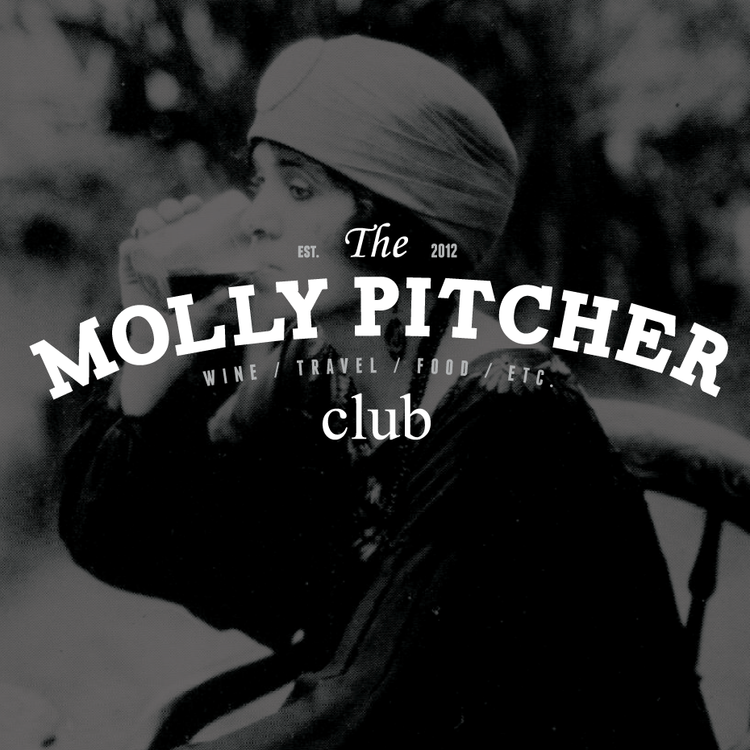Skunked Beer: How to Tell and What to do about it?
There’s a Skunk in Your Beer!?
That’s right folks, time for another article about beer! Today’s topic is one that has caused quite a bit of conversation among beer drinkers all around the world. What causes a beer to be “skunked?" A beer that has been skunked is one that is flawed and usually rendered undrinkable due to a chemical reaction caused by both natural and artificial light sources. When a beer is skunked it tends to take on the scent of a skunk and can taste almost rubbery. Needless to say, one should never be stuck with a skunked beer. This post will offer some tips on how to avoid this rotten reaction.
It may be surprisingly to learn that light, not just heat, is the primary cause of skunked beer. When light reacts with the hops compounds (a primary ingredient in almost all commercial beers), it provides the energy necessary to boost the sulfuric compounds present in beer. These sulfuric compounds often have strong, almost offensive odors (think the smell of gas).
So what are our friends in the beer industry doing to protect us from skunked beer? The answer lies in --- packaging! Every vessel that a beer can go in plays an important role in whether or not the beer is susceptible to skunking. However, some examples of packaging are better than others at protecting beer - let's consider the following:
Metal Containers
The best packaging for beer may not come as a surprise. Metal containers, such as kegs and beer cans, are the best packaging to protect your beer from that, oh so dangerous, blue light. The metal surface prevents light from reaching the beer and keeps your beer unskunked.
Colored Glass Bottles
If you are not drinking from a keg or a can, your next best option is a brown bottle. If exposed to light long enough the brown bottle does not stand a chance, but for the most part it does a very good job of keeping your beer fresh. Just don’t leave your beer out in the sun for too long. Following brown bottles is green bottles. Unlike brown bottlers, green bottles are rather lousy at protecting your beer. Beers in green bottles tend to get skunked very quickly after being exposed to direct light sources.
Clear Glass Bottles
Lastly, clear bottles are the worst at protecting your beer from the light. A very famous beer company puts their beer in clear bottles, and by the time you are ready to drink one of those bad boys, there is a high probability it is already pre-skunked. I am not going to say which brewery ... but let’s just say they use a lot of beaches in their advertising and recommend that you jam limes into the bottle. (Perhaps in order to hide the skunky smell).
As mentioned above, one of the more popular misconceptions when it comes to skunked beers is that it is triggered by a change in temperature. For example, if you take a beer out of a fridge and let it get to room temperature, it will increase the odds of it becoming skunked. Luckily, this is not true! The primary way that a beer will get skunked is light. When it comes to temperature, beer may also become skunked if you go from one extreme to another. So if you taker your beer in the cooler, to the inside of your car, on a 95 degree day, then you might see some negative effects on your bottle of beer.
To surmise, the amount of light your beer is exposed to plays a very important role in whether or not it is at risk to skunking. Also remember, moving your beer from a cold environment to a warm environment, for the most part, will not have that much of a negative impact on your beer. Now get out there, keep your beer out of the sun, and use remember these tips to enjoy skunk free beer!
Cheers!

